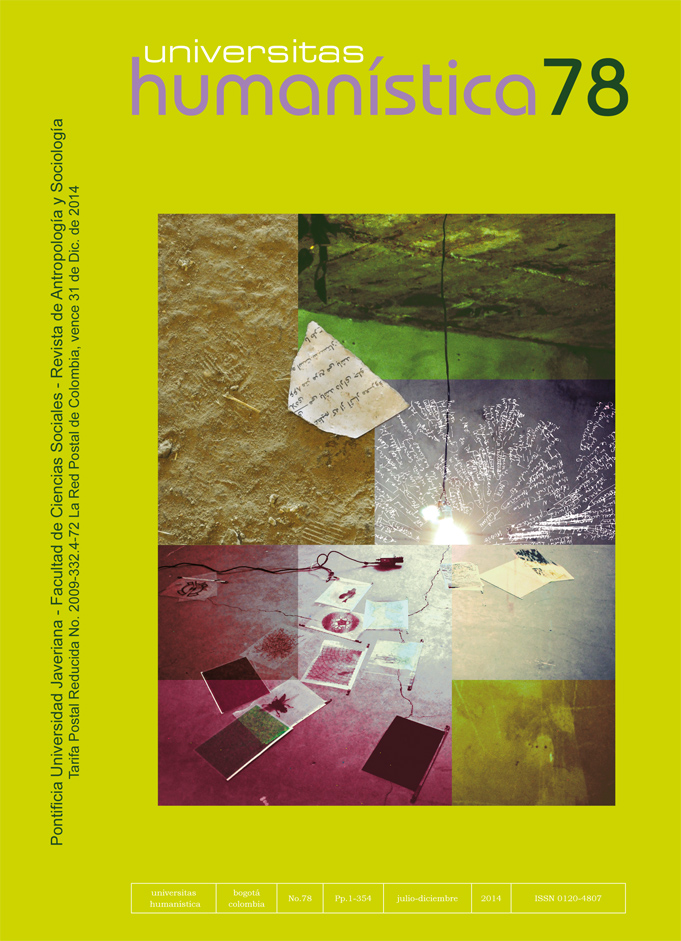Abstract
We start from the transfeminist perspective which is understood as an articulation of both thought and social resistance that is able to integrate mobility between genders, corporalities and sexualities with the assumptions of feminist struggles to build alliances with non-hegemonic masculinities in order to create an reticulated organization implacable to the opposition between genders. We create a brief genealogy of what is meant by transfeminisms in different contexts for answering the questions: What kind of subjects and practices does the extreme sexist reinterpretation of neoliberalism create and what are its most evident social implications in Mexico?, how can transfeminism redirect and propose other models to create individuals who are not related to the dystopia of gore capitalism, nor hegemonic masculinity, or the neoliberal hyper-consumerism?
This journal provides immediate open access to its content on the principle that making research freely available to the public, encourages greater global exchange of knowledge.
The journal Universitas Humanística is registered under a Creative Commons Attribution 4.0 International Public License. Thus, this work may be reproduced, distributed, and publicly shared in digital format, as long as the names of the authors and Pontificia Universidad Javeriana are acknowledged. Others are allowed to quote, adapt, transform, auto-archive, republish, and create based on this material, for any purpose (even commercial ones), provided the authorship is duly acknowledged, a link to the original work is provided, and it is specified if changes have been made. Pontificia Universidad Javeriana does not hold the rights of published works and the authors are solely responsible for the contents of their works; they keep the moral, intellectual, privacy, and publicity rights.
Approving the intervention of the work (review, copy-editing, translation, layout) and the following outreach, are granted through an use license and not through an assignment of rights. This means the journal and Pontificia Universidad Javeriana cannot be held responsible for any ethical malpractice by the authors. As a consequence of the protection granted by the use license, the journal is not required to publish recantations or modify information already published, unless the errata stems from the editorial management process. Publishing contents in this journal does not generate royalties for contributors.


